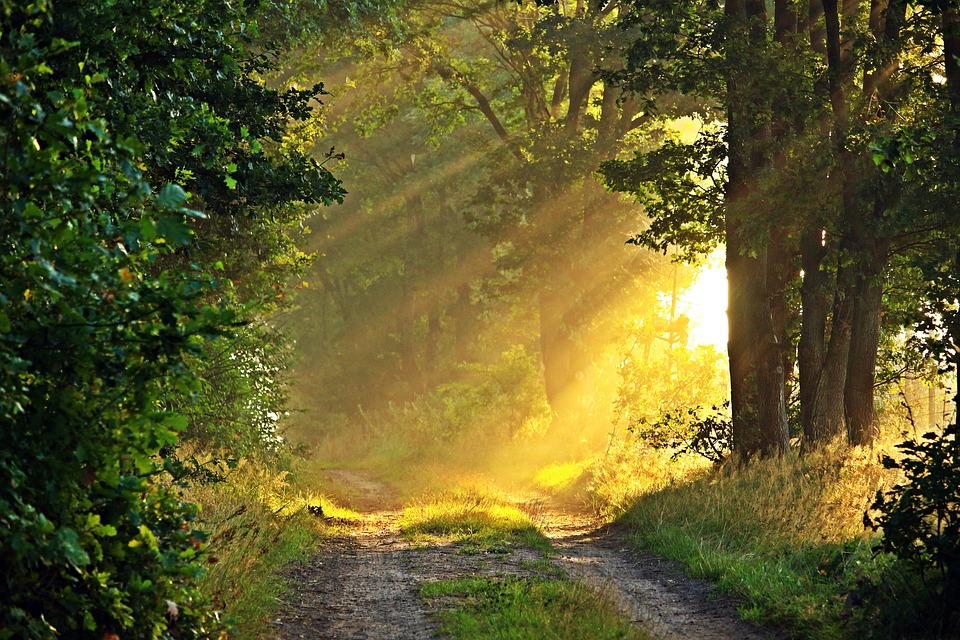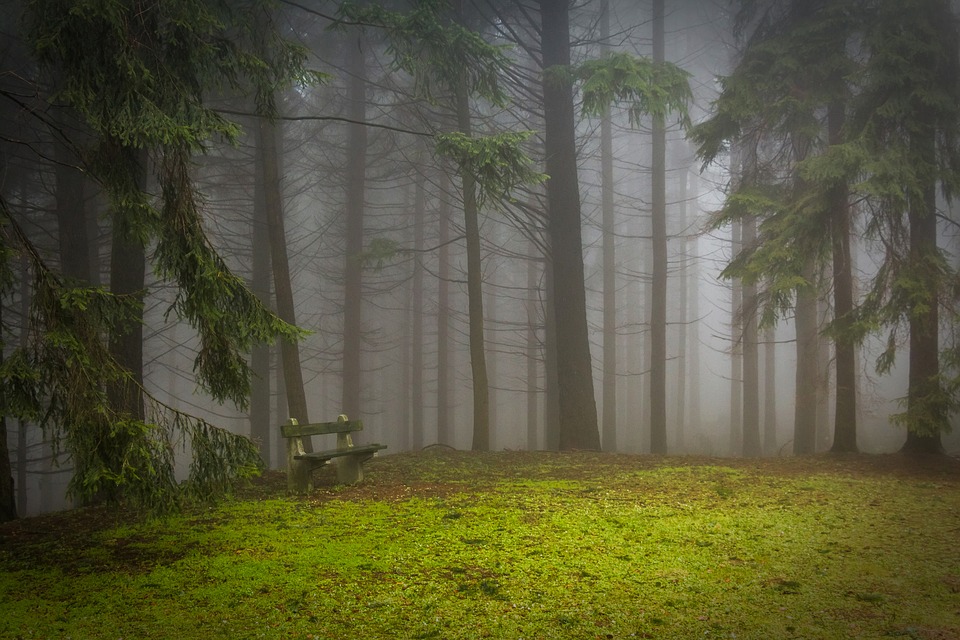Last Updated on January 13, 2023 by Cassandra Nostredame
For most of human history, we spent time outdoors hunting, fishing, gathering and enjoying life. In the last few thousand years, we have basically transformed into an indoor species. Unfortunately, this has only occurred more often over the last few decades. Other than your daily commute or a weekend getaway, you may spend most of your time trapped in a cubicle. The Environmental Protection Agency found in 2001 that the average American spent a shocking 90 percent of their time indoors. A further 6 percent of their time was spent in an enclosed vehicle.
Getting outdoors isn't just good for getting in shape. It can also help your overall health. Research studies show that being in an outdoor, natural environment is linked to having lower stress levels. It is also connected to feeling more alive and developing better working memory. To enjoy these benefits though, you have to get outdoors.
You may have questions about various subjects, and we invite you to learn more about any astrological, spiritual, or relationship questions that you are considering at this time.
Japanese Forest Bathing: Shinrin-Yoku
While Japanese forest bathing is fun, there are other benefits that you can enjoy from it as well. Studies have found that Shinrin-yoku is connected to better immune function.
During a three-day trip to the forest, Japanese researchers took urine and blood samples both before and after. Immune system markers like natural killer cells were up to 50 percent higher after the trip. Meanwhile, the participants had a lower concentration of adrenaline in their urine afterward. Now, forest therapy options are integrated into the medical insurances of both Korea and Japan.
One of the reasons researchers think Japanese forest bathing offers these health benefits is because of phytoncides. These antimicrobial compounds are released by plants in the forest and may help you feel relaxed.
In a 2010 study, participants were found to have lower heart rates and lower blood pressure after a forest walk versus the control group that walked in the city. They also had lower concentrations of cortisol, a stress hormone, in their saliva. Follow-up research in the United States and Finland showed reduced levels of anxiety and tension as well.
Interestingly, people who are on a nature walk tend to experience less rumination. This term basically means negative over-thinking. It is linked to higher depression rates, which may explain one mechanism for why Japanese forest bathing reduces depression rates.
Enjoying the sights, smells and sounds of the forest could also produce a feeling of awe similar to what an astronaut experiences while looking at the moon, or a hiker experiences gazing down from the top of a mountain. This feeling of awe has been connected to some of the markers for good health.
If you are diabetic, Japanese forest bathing can also help. People who have diabetes but do not take insulin were found to have lower blood sugar levels following forest bathing. At the same time, it enhances your immune system and heightens overall feelings of well-being.
Forest bathing also boosts parasympathetic nerve activity while lowering sympathetic nerve activity. Your sympathetic nervous system is responsible for your fight-or-flight response, so you ideally don't want the sympathetic nervous system to be too active.
Meanwhile, the parasympathetic nervous system is responsible for your rest-and-digest system. If you aren't under stress, your parasympathetic nervous system should be active. Japanese forest bathing helps to lower your stress levels while making you feel more rested.
Whatever the reason for Shinrin-yoku's health benefits, the practice is rapidly spreading. Part of this may be due to a backlash against the cubicle-focused, technology-driven qualities of modern life. There are now Japanese forest bathing programs in Canada, California, Massachusetts, New Zealand, Ireland and South Africa.
How Japanese Forest Bathing Works
Unlike some fitness and health programs, forest bathing is remarkably easy to do. You simply have to go to a forest and relax. Basically, it is more like nature appreciation than hiking.
The goal is to just appreciate nature, so any workout is just a side benefit. Skip the Fitbit, and just be with the trees. You can meander around if you want, or you can just sit.
There is no goal to accomplish. As long as you are relaxing and enjoying the forest, you are forest bathing the right way. Some Japanese forest bathing programs in the United States also incorporate other aspects into the experience.
For example, one program includes a tea ceremony at the end of each forest bathing trip. The tea ceremony incorporates some of the herbs, leaves or flowers that practitioners found along their walk. In this way, the Japanese forest bathing experience is literally absorbed into the individual. Because traditional tea ceremonies also have a meditative aspect, the tea ceremony is also a good way to center the mind and heart after forest bathing.
If you do not live near a forest, you can visit your nearest park to just be by the trees. You don't have to have a lot of exposure for Japanese forest bathing to provide benefits, but you do need regular exposure. Simply walking through the local park each evening may be enough for you to enjoy some of the benefits of Japanese forest bathing.
One of my favorite things to do when I wander the forest is to collect herbs and mushrooms. If you are interested in foraging as you explore the woods, the Herbal Academy has a Botany & Wildcrafting Course you should check out. This is an especially good idea if you want to end your daily or weekly ritual with a tea ceremony that uses plants from your forest walk.
Practitioners of Japanese forest bathing say that it can help to:
- Boost your mood.
- Increase your energy.
- Help recovery from an illness or injury.
- Relieve stress.
- Lower your blood pressure.
- Improve your body's ability to fight cancer.
- Increase your happiness.
- Improve the quality of your sleep.
- Improve your ability to focus.
Humans have always been deeply connected to nature. From the time that hunters and gatherers wandered the woods for food, our bodies have learned to live as a part of the natural world.
In recent years, technological advances have taken our bodies away from the environment where they are supposed to be. Japanese forest bathing is our way of returning to the life our bodies were supposed to live.
While millions of dollars have been spent on proving the effectiveness of Japanese forest bathing, it comes down to just common sense. Your body and mind weren't made to be in a cubicle. Evolution has designed your body so that being in nature is where it does best. You are not separate from the world; you are one with it.








Leave a Reply
You must be logged in to post a comment.